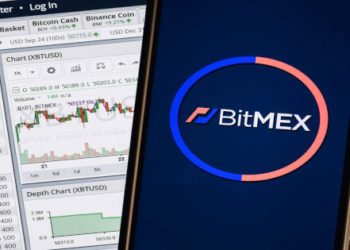Days are gone when cryptocurrencies were deemed a get-rich-quick scheme, as consumers in the United States are changing their minds, treating crypto as ideal investment vehicles, according to a new study by blockchain infrastructure platform Paxos.
In a statement, Paxos pointed out that consumers were eyeing financial institutions to fulfil their crypto ambitions. 62% of current crypto holders acknowledged that they would take advantage if their banks floated a crypto investment functionality.
The narrative about crypto trading being only entitled to a small group of enthusiasts is long gone because it is increasingly going mainstream.
Per the Paxos study:
“Forty-four percent of respondents made their first crypto purchase within the past year, and another 31 percent within the past two years.”
Crypto provides chances to fintech and financial systems
As the market is no longer ignoring the presence of cryptocurrencies, Walter Hessert believes that institutions that will incorporate capabilities like crypto trading into their platforms will have the chance to get a piece of the lucrative and growing digital currency cake.
The head of strategy at Paxos pointed out:
“Our survey shows people want to engage with digital assets through their existing, trusted service providers.”
The report also stated that cryptocurrencies emerged as more accessible investments than traditional ones, with many respondents saying crypto was their first foray into investment.
According to the study, males have a higher likelihood of trading crypto more than once per week at 28% compared to females at 18%.
On the other hand, women favour getting crypto from established fintech apps like PayPal at 24% versus men at 16%.
Meanwhile, PayPal recently welcomed leading experts to join its advisory committee to create a more inclusive digital financial ecosystem and improve current and future products.
On the other hand, the fintech sector in Singapore made significant strides in 2021 by hitting $3.94 billion, with crypto and blockchain funding contributing nearly half at $1.48 billion.
Image source: Shutterstock
Credit: Source link












































